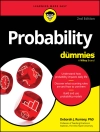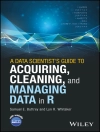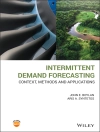The book aims at disclosing a fascinating connection between optimal stoppingproblems in probability and free-boundary problems in analysis using minimal toolsand focusing on key examples. The general theory of optimal stopping is exposed at thelevel of basic principles in both discrete and continuous time covering martingale and Markovian methods. Methods of solution explained range from classic ones (such aschange of time, change of space, change of measure) to more recent ones (such as localtime-space calculus and nonlinear integral equations). A detailed chapter on stochasticprocesses is included making the material more accessible to a wider cross-disciplinaryaudience. The book may be viewed as an ideal compendium for an interested readerwho wishes to master stochastic calculus via fundamental examples.Areas of application where examples are worked out in full detail include financialmathematics (American, Russian, Asian options), financial engineering (optimalprediction of the ultimate maximum), mathematical statistics (sequential testing, quickest detection), and stochastic analysis (fundamental inequalities).Large portions of the text were not exposed in abook format before. The book also suggests anumber of new avenues for research.
Cuprins
Optimal stopping: General facts.- Stochastic processes: A brief review.- Optimal stopping and free-boundary problems.- Methods of solution.- Optimal stopping in stochastic analysis.- Optimal stopping in mathematical statistics.- Optimal stopping in mathematical finance.- Optimal stopping in financial engineering.












